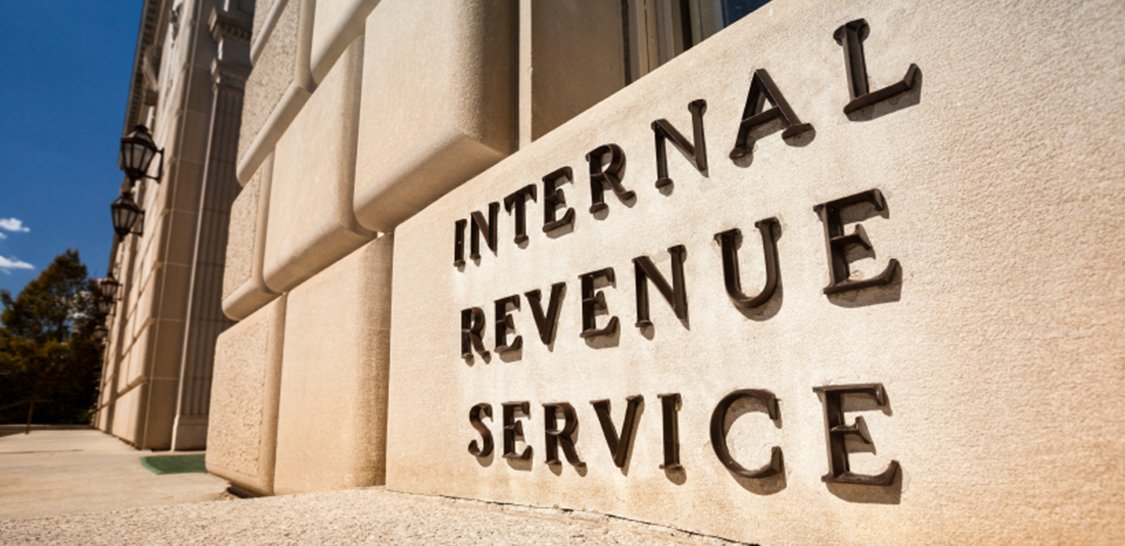Editor’s note: This post has been updated to reflect additional guidance from the IRS and PA Dept. of Revenue and more frequently asked questions.
On Thursday, April 9, the IRS released Notice 2020-23, which either amplified or superseded several notices before it related to various extensions of time for filing and paying taxes due to COVID-19.
Let’s take a look at what it means in practical terms and think through some common scenarios and questions that may affect local taxpayers.
Does this mean tax returns are no longer due on April 15
Yes, all federal income tax returns and payments due between April 1, 2020 and July 15, 2020 (including fiscal year returns) have been extended until July 15. This includes returns for corporations, individuals and trusts. This extension now also includes several other form types and related payments (not all-inclusive list): 709 (gift), 706 (estate), 5471/5472, and 990-T Additionally, the statute of limitations for filing a refund for calendar year 2016 tax returns has been extended from April 15 to July 15, 2020.
Following the IRS federal deadline extension in March, the Pennsylvania Department of Revenue (PA DOR) announced on March 21 that the due date for filing Pennsylvania individual income tax returns and paying amounts due has been extended until July 15. This includes the first and second quarter estimates for 2020. The extended deadline was ultimately expanded to include S Corporations, partnerships, and trust returns, as well as pass-through nonresident and corporate withholding.
The May 15 Pennsylvania corporate return and payment due date is extended until August 14, which is in line with the current statute that provides for a deadline of 30 days after federal. The second quarter corporate estimate remains due June 15.
Are interest and penalties deferred for taxpayers owing more than $1 million dollars of April 15 taxes?
This most recent announcement will defer all penalties and interest on federal income taxes originally due April 15 for all taxpayers.
Should I still file a tax return at April 15 if I am expecting a refund?
Yes. The IRS is still expected to continue processing refunds, and the Treasury is encouraging taxpayers with refunds to still file as soon as possible to receive those refunds. However, consider the individual rebate provisions within the CARES Act to determine if you are in a better position to have the IRS consider your 2018 tax return versus 2019 tax return in determining the amount of your rebate.
Must I file an extension to take advantage of delaying my 2019 tax payment and/or 2020 first quarter estimate normally due on April 15?
No. A federal extension filing is no longer necessary at this point. All federal income tax filings are automatically deferred until July 15. If additional time beyond July 15 is needed to file a return, an extension can be filed by July 15. This extension will provide individual taxpayers with an extension to file by the normal extended due date, which is October 15.
Must I pay first quarter 2020 estimated taxes that are due on April 15? No.
Must I pay second quarter estimated taxes that are due on June 15?
No, it has now been deferred until July 15. For Pennsylvania, both first and second quarter estimates have been deferred until July 15 for individuals.
Should I credit forward an overpayment on a 2019 return?
It depends. Some taxpayers may wish to consider requesting a refund of their 2019 tax overpayment, realizing that no money needs to be paid for the first quarter estimate until July 15. However, it will take time for the IRS to process the refund, and in the current interest rate environment, this approach may not be worthwhile.
What about my state and local tax filing and payment deadlines?
Most states across the country have deferred their April 15 deadlines. As noted above, Pennsylvania has pushed back the due date for filing April 15 income tax returns and paying amounts due to July 15. This includes the first and second quarter estimates for 2020.
Most localities and collection agencies have announced extensions for local personal earned income tax returns and first quarter estimates due April 15. PA House Bill 1232 provided the Pennsylvania Department of Community and Economic Development (DCED) with the authority to coordinate extensions with the local taxing agencies.
RKL’s tax team is available to help taxpayers apply this guidance to their unique circumstances. Contact your RKL advisor or use the form below to connect with us.




